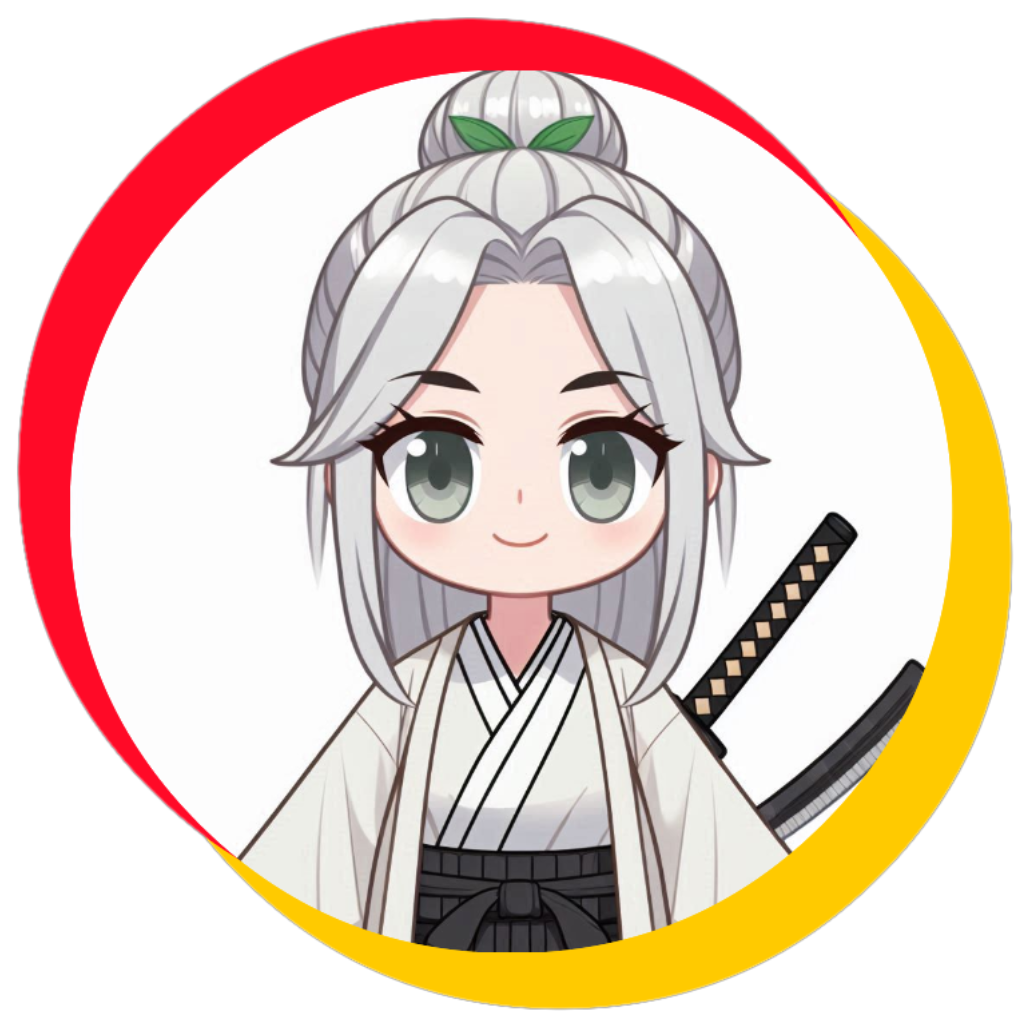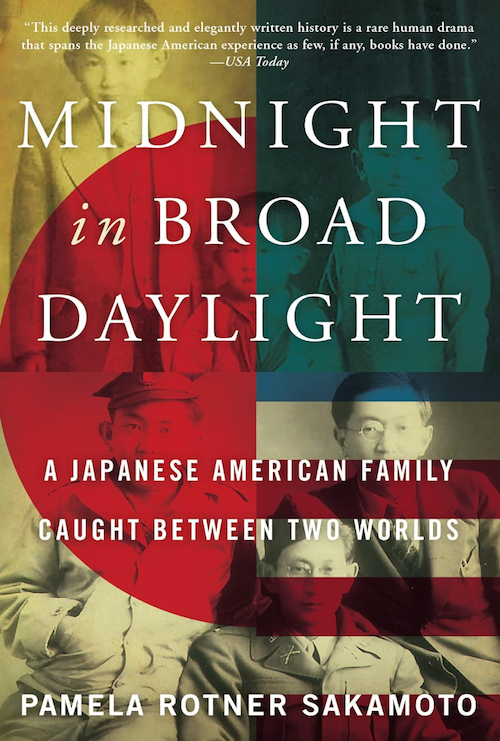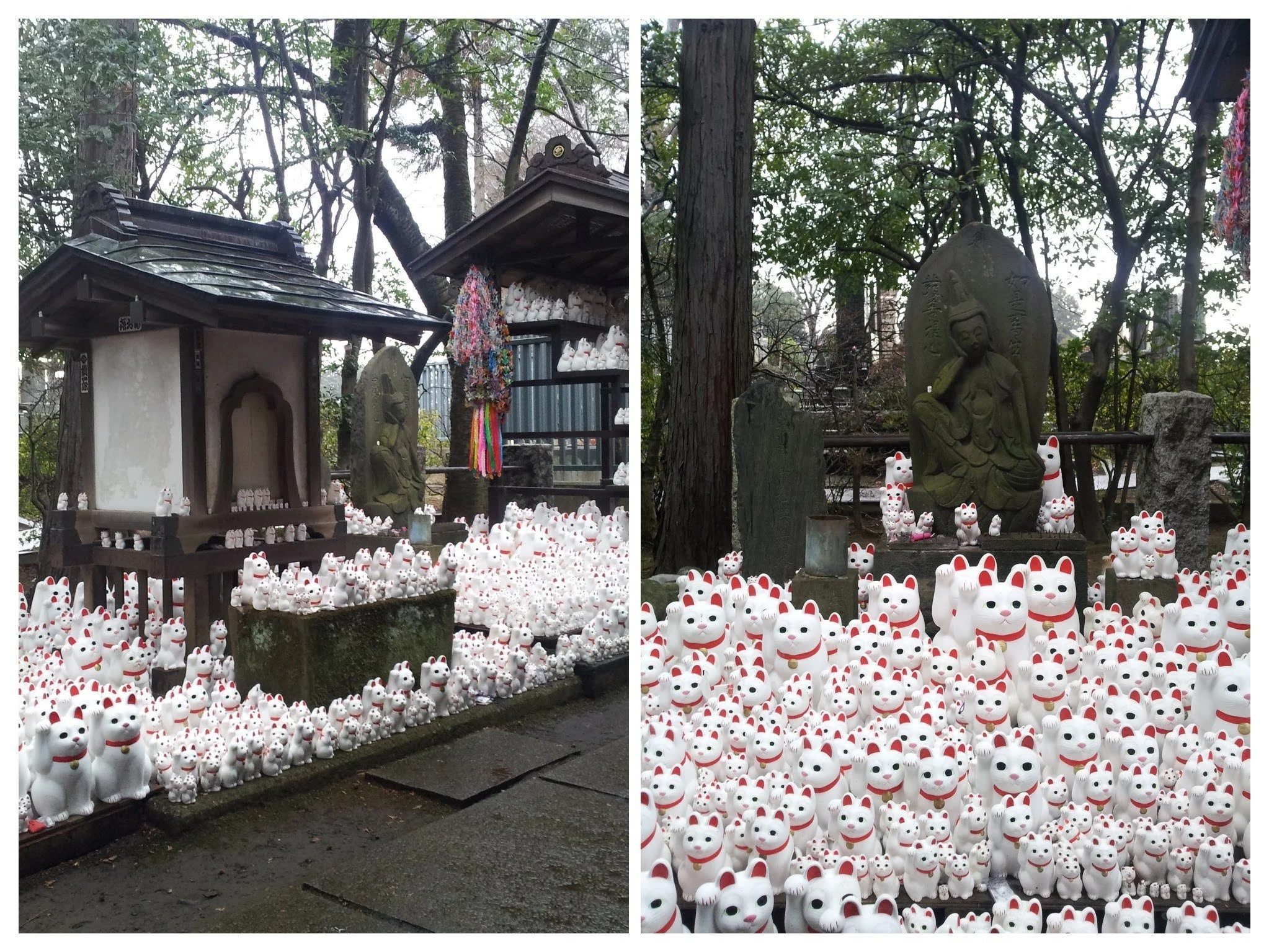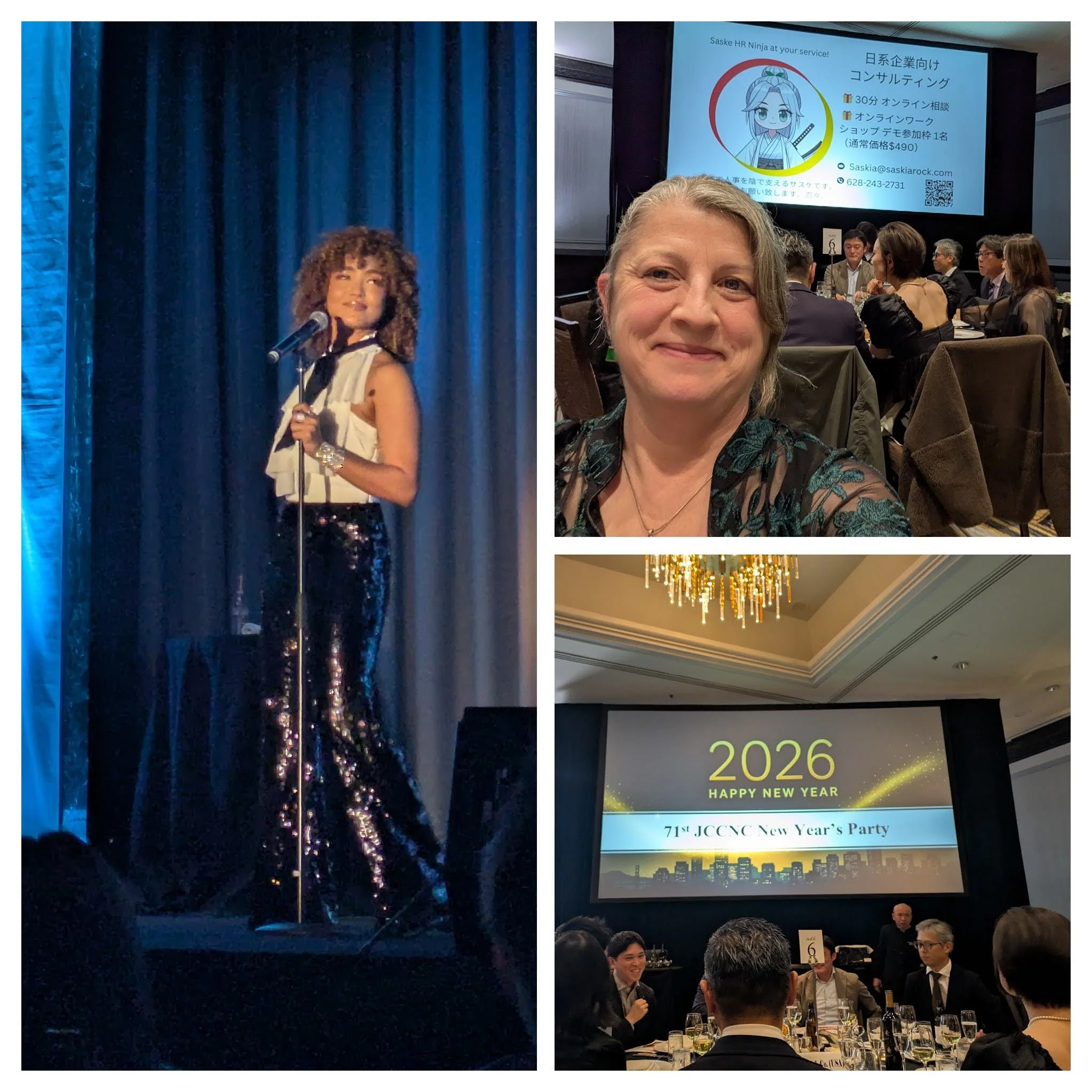Last Friday, I had the chance to attend the Japan Society Gala, held at the Grand Hyatt at SFO Airport, a fitting location for an evening celebrating international connection. Just outside the windows, a Pokémon-themed ANA jet was parked on the tarmac, having brought the CEO of ANA all the way from Japan especially for this event. That detail alone speaks volumes about the significance of the evening.
Click to read more.
During a recent visit to Nashville, Tennessee, I was reminded of how deeply interconnected our world can be, and how mindfulness often lives in the quiet spaces between cultures.
What many don’t realize is that Nashville, known for its vibrant music scene and Southern hospitality, shares a special bond with Kamakura, Japan, as official sister cities since 2014. Kamakura, a coastal town just south of Tokyo, is steeped in Zen Buddhist history, home to ancient temples, the iconic Great Buddha and a serene atmosphere that invites reflection.
Click to read more.
In Midnight in Broad Daylight, Pamela Rotner Sakamoto paints a powerful portrait of the Fukuhara family, illustrating their resilience in the face of unimaginable hardship and discrimination during World War II. Their story serves as a poignant reminder of the strength found in family bonds and the enduring spirit of those who face adversity.
If you’ve spent more than five minutes with me, you know two things:
I lived in Japan for quite a while.
I will buy literally anything if it has a cat on it.
Japan, of course, turned this harmless preference into a full‑blown lifestyle hazard.
Walking around Tokyo or any Japanese town basically meant being ambushed, lovingly, relentlessly, by felines. They appeared on stationery, on chopsticks, on tea cups, on train passes, on socks, on umbrellas (yes, I owned that umbrella), and of course on an infinite array of snacks. I had long stopped pretending I had any “restraint.” I didn’t. If it purred, pawed, waved, meowed, or even vaguely suggested a whisker… it was coming home with me.
Read more by clicking on the link.
If you’ve ever wandered through Kamakura, or better yet, hopped on the charming Enoden line, you know this coastal region is full of surprises. Temples tucked into hillsides, hydrangeas blooming along railway tracks, and little details that make you stop and smile. Today’s photo is one of those details: four tiny metal birds perched on a rail, dressed head-to-tail in bright red knitwear.
Yes, you read that right: knitwear for birds.
Read more by clicking on the link.
Last week, I attended a fireside chat event called “The Best of CES 2026” organized by the Japan Society. I’ve never been to CES myself, and I’ll admit the idea of going feels a bit daunting: massive halls, endless crowds, and enough technology to overwhelm even the most seasoned expo-goer. But this event gave me a curated peek into it all, leaving me both more curious and, if I’m honest, still slightly apprehensive about ever braving the real thing.
One of the unexpected highlights of the night was a sneak peek at Mirumi: a small, expressive robot that embodies the charm only Japan could bring to a tech showcase. Mirumi wasn’t just innovative; it was adorable. I caught myself smiling every time its digital eyes blinked or its tiny motions mirrored human warmth. It offered a glimpse into how Japan continues designing robotics not just for efficiency, but for emotional connection and everyday support. Too cute, and yet too real in showing where the future of human‑robot interaction is clearly heading.
Click below to read more!
The 71st JCCNC Shinnenkai at The Westin St. Francis was the perfect way to start 2026 a night that blended tradition, elegance, and a sense of optimism for the year ahead. Shinnenkai, the Japanese New Year’s gathering, is more than just a party; it’s a cultural cornerstone that symbolizes fresh beginnings and renewed connections. For the Japanese business community, it’s an opportunity to strengthen relationships, reaffirm trust, and set the tone for collaboration in the months to come.
The spirit of renewal was everywhere, in the conversations, the laughter, and the shared excitement about what lies ahead. From the moment I walked into the ballroom, with its sparkling chandeliers and warm atmosphere, I knew this was going to be a memorable evening. And it was, filled with nostalgia, surprises, and a powerful sense that 2026 is the year Japan is back.
Click below to read more!
A Japanese expat manager recently received a surprise during their annual performance review in the U.S.: a comment from their American team that they were “distant and hard to approach.” The manager was stunned. In Japan, maintaining formality and emotional restraint is often seen as professional. In the U.S., it can be interpreted as cold or disengaged.
This moment revealed a deeper issue: the feedback gap between jinji and U.S. HR.
Click below to read more.
In a recent ruling, Mizuho Bank Ltd. successfully defended itself against a discrimination and retaliation lawsuit brought by a former U.S.-based vice president. While the legal outcome favored Mizuho, the case highlights a deeper issue that many global Japanese companies face: the perception of bias and the need for culturally intelligent HR practices. 最近の判決において、みずほ銀行株式会社は、米国拠点の元副社長による差別および報復に関する訴訟に対して、成功裏に自己防衛を果たしました。法的な結果はみずほ銀行に有利なものでしたが、このケースは、多くのグローバルな日本企業が直面しているより深刻な課題を浮き彫りにしています。それは、偏見の認識と、文化的知性を備えた人事施策の必要性です。
Read more by clicking below.










